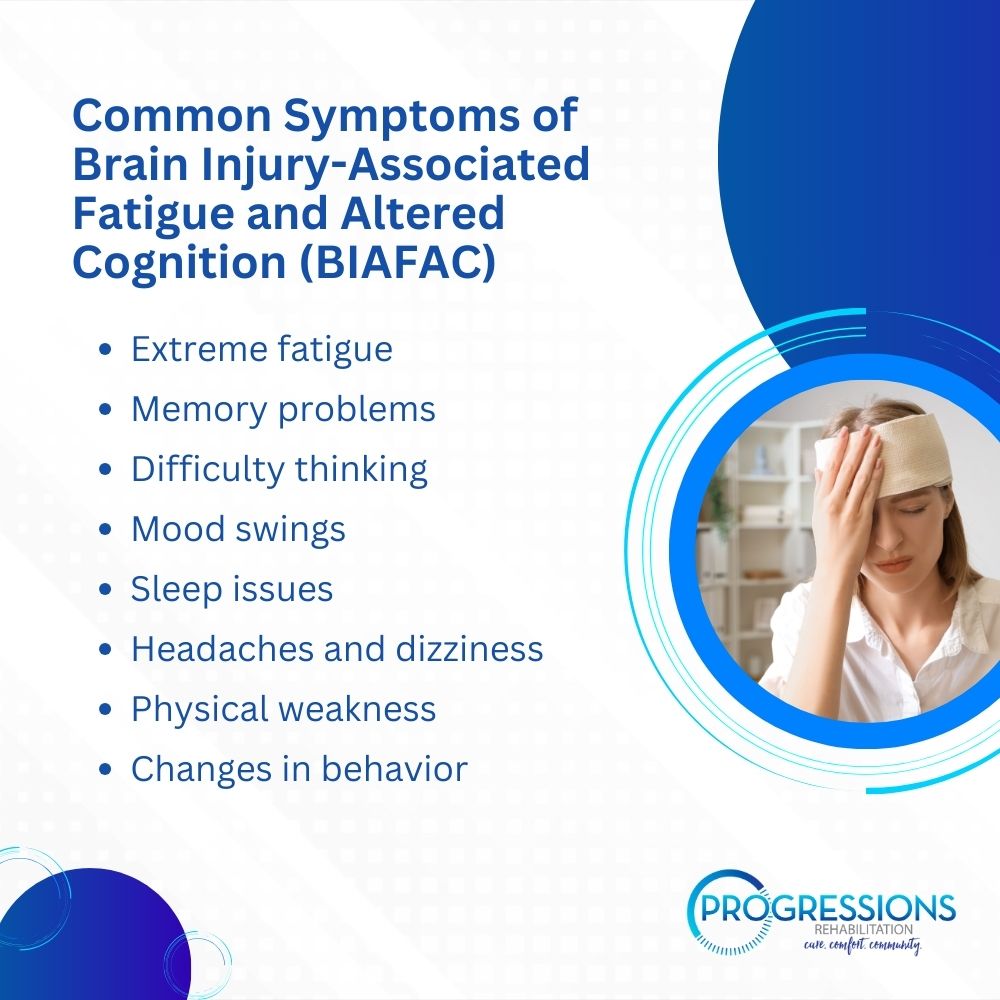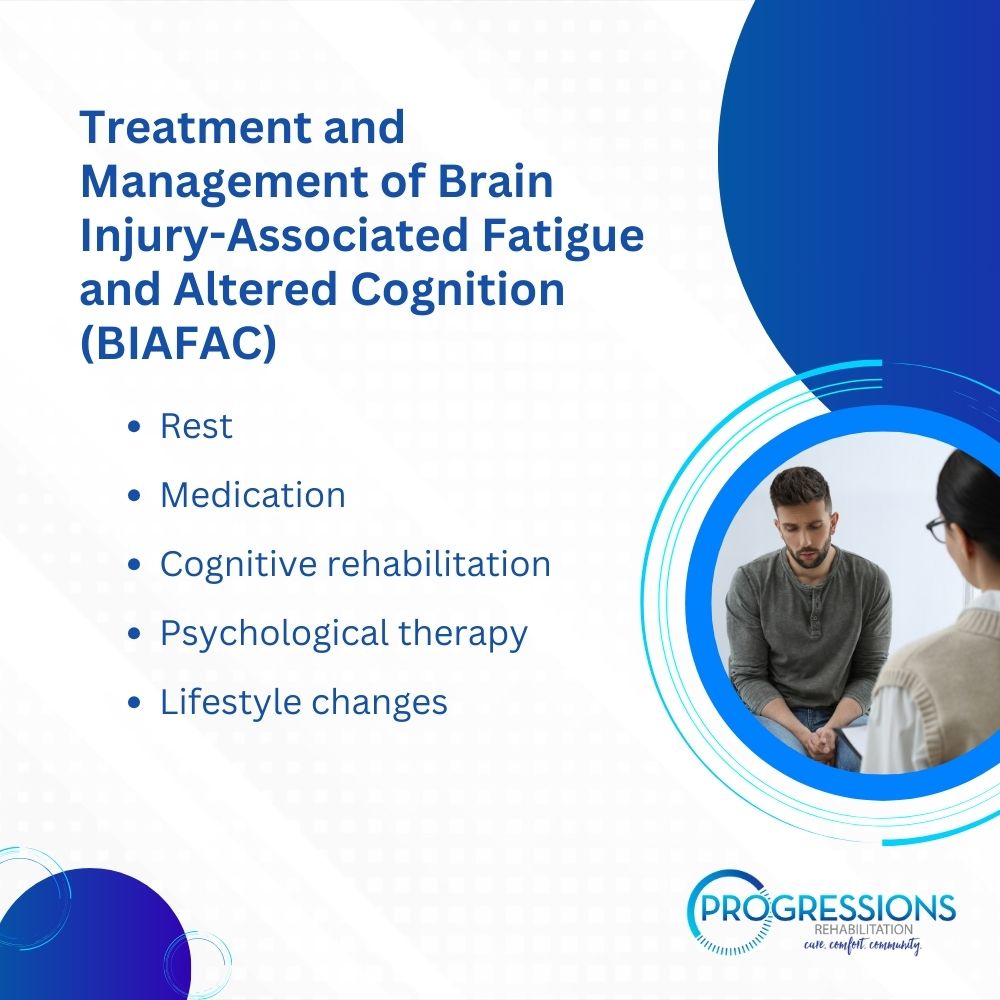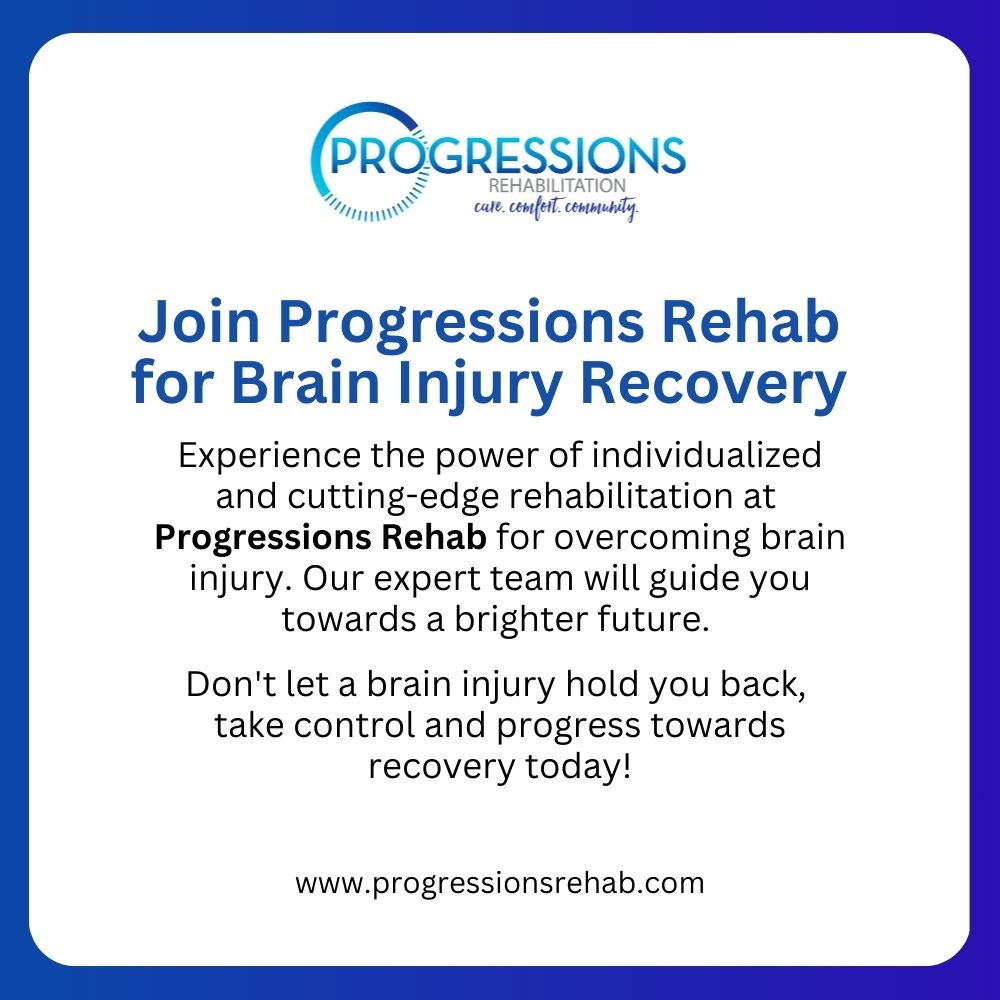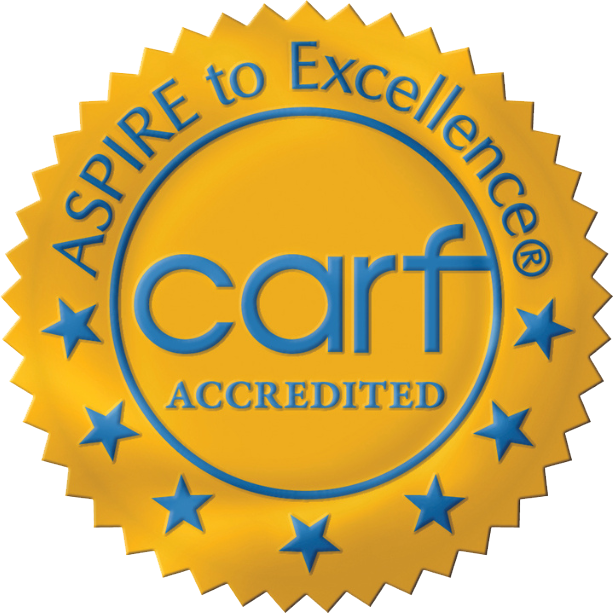A brain injury can change how you think, feel, and your body works. For some, a mild traumatic brain injury (TBI) can lead to brain injury-associated fatigue and altered cognition or Brain Injury Associated Fatigue and Altered Cognition (BIAFAC), causing constant tiredness and memory troubles. These issues might be linked to your gut through the gut-brain axis.
This blog will explain BIAFAC, how your stomach and brain are connected, and the steps to feel better.
What Is BIAFAC?
BIAFAC stands for Brain Injury Associated Fatigue and Altered Cognition. It is a condition that some individuals may experience following a mild traumatic brain injury (TBI). This condition can lead to constant fatigue and difficulties with clear thinking or memory.
Dealing with BIAFAC can be challenging, but understanding it is an essential first step. Hormone imbalances can affect more than just our bodies. They can upset our stomach and its helpful bacteria, leading to tummy aches, trouble digesting food, and even mood swings. Scientists are learning how our gut and brain work together and how this connection can change our feelings, especially after a brain injury.
What Is the Gut-Brain Axis and Gut Microbiome?
The gut-brain axis is a two-way connection between your brain and your gut, where they communicate using nerves, hormones, and chemicals made by gut bacteria. This link is essential for digestion, mood, thinking, and feeling.
Your gut is home to trillions of bacteria, called the gut microbiome. These tiny helpers break down food, fight germs, and make chemicals like serotonin, which helps control mood. A healthy microbiome keeps the gut-brain connection balanced and working correctly.
How TBI Disrupts the Gut-Brain Axis
TBI can devastate the gut-brain axis, the complex communication pathway between the brain and the gastrointestinal (GI) system. TBI can disrupt the balance of microbes in the gut, leading to changes in the brain’s functioning and exacerbating symptoms such as anxiety and depression. Additionally, TBI can disrupt the production and release of essential hormones and neurotransmitters that regulate digestion and absorption of nutrients.
Research shows that interventions targeting the gut-brain axis may improve outcomes for individuals with TBI. A comprehensive approach that addresses both the brain and the gut is crucial for managing the impacts of TBI on the gut-brain axis.
Common Symptoms of BIAFAC

BIAFAC can cause a mix of physical, mental, and emotional challenges. Recognizing these symptoms can help you take steps toward better management and recovery:
- Extreme Fatigue: Constantly tired, even after a whole night’s sleep. Finding energy for everyday activities may be challenging.
- Memory Problems: Experiencing difficulty remembering recent events, names, or tasks, making it hard to follow conversations or stay organized.
- Difficulty Thinking: Facing challenges with focusing, solving problems, or planning. You might experience confusion or struggle to express your thoughts clearly.
- Mood Swings: Experiencing rapid changes in emotions, such as feeling happy and sad or angry the next. Anxiety or depression may also be present.
- Sleep Issues: Having trouble falling asleep, staying asleep, or sleeping more than usual. You might feel fatigued regardless of how much rest you get.
- Headaches and Dizziness: Experiencing persistent headaches or feelings of lightheadedness, which can make it difficult to remain active.
- Physical Weakness: Suffering from weakness or numbness in your hands, fingers, or feet. Coordination may also be a challenge when moving around.
- Changes in Behavior: Noticing alterations in your behavior, such as increased irritability, quickly getting upset, or losing interest in activities you once enjoyed.
For children, symptoms may include changes in eating, more crying, or a loss of interest in their favorite toys. Recognizing these signs is the first step in understanding and managing BIAFAC.
What Causes BIAFAC?
Understanding this condition’s underlying factors and triggers can provide valuable insight into how to manage and treat it. Factors that may contribute to BIAFAC include:
Physical Changes in the Brain
One of the leading causes of BIAFAC is the physical changes that occur in the brain after a traumatic brain injury (TBI). A TBI can damage specific brain areas, particularly in the frontal lobe and the brainstem. These regions are responsible for regulating sleep, attention, and fatigue levels. When damaged, these areas can disrupt these functions, resulting in fatigue and altered cognition.
Chemical Imbalances
Another contributing factor to BIAFAC is disrupting the brain’s chemical balance. A TBI can cause changes in the levels of neurotransmitters, which are responsible for sending signals between brain cells. These imbalances can affect a person’s mood, energy levels, and overall functioning, leading to fatigue and cognitive difficulties.
Sleep Disturbances
Sleep disturbances are common after a brain injury and can play a significant role in developing BIAFAC. TBI can affect a person’s sleep patterns, leading to difficulty falling or staying asleep. Poor sleep can result in daytime drowsiness, decreased energy levels, and impaired cognition.
Mental Health Conditions
It is not uncommon for individuals with a brain injury to develop mental health conditions such as depression and anxiety. These conditions can cause fatigue and affect cognitive functioning. Additionally, the stress and emotional toll of dealing with a brain injury can also contribute to BIAFAC.
Medications
Certain medications prescribed to individuals with brain injuries can also contribute to BIAFAC. For example, some medicines used to treat pain or manage other symptoms can cause drowsiness, leading to fatigue. It is essential to consult with a healthcare professional about the potential side effects of medications and any concerns about fatigue and altered cognition.
Treatment and Management of BIAFAC

Proper management and treatment of BIAFAC are crucial in improving the overall well-being of individuals with TBI. The following are some practical ways to manage and treat BIAFAC:
- Rest and Pacing: Rest is the most essential treatment for BIAFAC. Individuals with TBI should get enough rest, including scheduled breaks during the day, to allow their brains to recover and recharge. Pacing daily activities can reduce fatigue and allow for more efficient task completion.
- Cognitive Rehabilitation: Cognitive rehabilitation therapy can help improve mental functioning, including memory, attention, and problem-solving skills. This therapy focuses on training the brain to compensate for areas that may have been affected by the brain injury.
- Medications: In some cases, medications may be prescribed to manage symptoms of BIAFAC. These may include stimulants to combat fatigue or medications to improve mood or sleep.
- Psychological Therapy: It is common for individuals with TBI to experience changes in mood or behavior. Psychological therapy, such as cognitive-behavioral therapy, can help manage these symptoms and improve overall well-being.
- Lifestyle Changes: Adopting a healthy lifestyle can also positively impact BIAFAC symptoms. This may include regular exercise, a balanced diet, and stress-reducing techniques such as meditation or yoga.
Get Expert Care with Progressions Rehabilitation
Are you or a loved one struggling with the effects of brain injury? Progressions Rehab offers long-term care for brain injury patients and specialized neuro rehabilitation in Michigan.
Our team is dedicated to providing personalized and comprehensive care for individuals with brain injuries. We understand the unique challenges and complexities of BIAFAC, and our expert staff works tirelessly to address and improve these symptoms.
When it comes to Assisted Living for Brain Injury, we know that every person’s needs are different. That’s why we offer tailored treatment plans to ensure each patient receives the specific care they require. From cognitive therapy to physical rehabilitation, our goal is to help you regain your independence and live your best life.
No one should have to face the challenges of brain injury alone. Let Progressions Rehab be your partner in your journey towards recovery. Contact us today to schedule a consultation and take the first step towards a brighter future. BIAFAC doesn’t have to define your life – let us help you overcome it.

***
The material on this site is for informational purposes only and DOES NOT CONSTITUTE THE PROVIDING OF MEDICAL ADVICE, and is not intended to be a substitute for independent professional medical judgment, advice, diagnosis, or treatment. Always seek the advice of your physician or other qualified healthcare provider with any questions or concerns you may have regarding your health.



